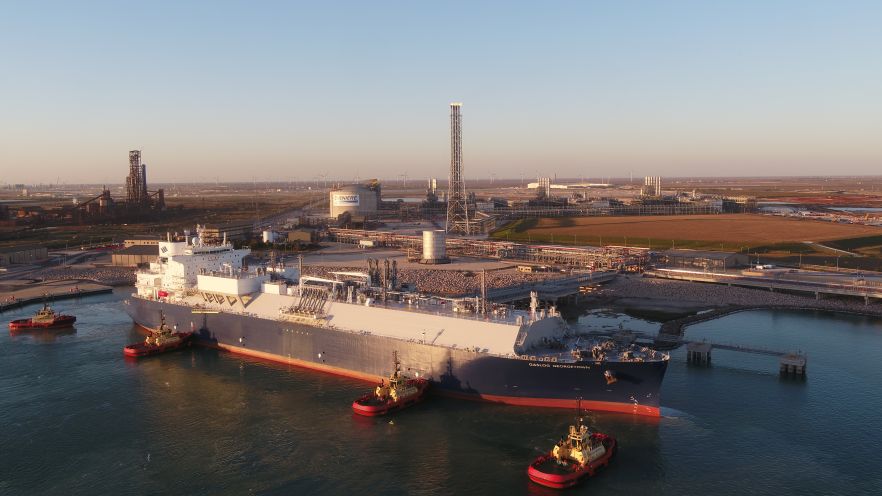Research
LNG Transport: Measuring And Minimising Methane Emissions
| Principal investigator: | Paul BALCOMBE |
| Funding source(s): | The Collaboratory to Advance Methane Science (CAMS); and Enagas SA |
| Start: 02-11-2020 / End: 31-12-2021 | |
| Amount: £408,907 |

Worldwide efforts to reduce climate change have largely focused on CO2 emissions. However the less studied greenhouse gas, methane, is thought to contribute to around a quarter of today’s man-made global warming. A new first-of-its-kind study, led by Dr Paul Balcombe, will investigate the level of methane emissions associated with LNG (liquefied natural gas) supply chains, which are increasingly being used to transport gas over very large distances. Understanding methane emissions associated with LNG carriers will help shed light on the potential scale of this issue and the role the LNG industry could play in meeting climate targets.
Looking beyond CO2 emissions
Methane is a powerful greenhouse gas, 87 times more potent than CO2 over 20 years, although it is more short-lived in the atmosphere. It can arise from a number of different sources, such as from rearing cattle, but one of the main contributors to methane emissions is the natural gas industry.
Over the last decade, collaborative efforts from industry, academia and non-Government organisations have developed our understanding of methane emissions from gas supply chains. However this work has also highlighted several gaps in our knowledge and issues with existing measurements. In some cases methane emissions have historically been underestimated and there is also lots of variations across different regions and supply chains.
LNG supply chains are a key growth area in the natural gas industry, but so far there have been no studies of total methane emissions from LNG carrier ships. The credibility of LNG within decarbonising energy systems depends upon demonstrating a comprehensive and transparent methane emissions inventory. We need to know how much methane emissions are associated with LNG supply chains, and consequently how can we reduce them.
The new study, run in collaboration with SLR consulting, will help to provide such transparency providing a first-of-a-kind direct measurement of total methane emissions from an operating LNG carrier.
On-board measurements
The pilot study, funded by the Collaboratory to Advance Methane Science and Enagas SA, will involve three researchers going on board an operating LNG carrier to measure its methane emissions.
The team will conduct measurements on various parts of the ship, including the engine exhausts, vents and storage and fuel delivery systems to develop a picture of the total methane emissions from these ships, and how best to measure emissions.
The researchers will then use their measurements to assess the contribution of LNG carrier methane emissions to total emission profiles and identify the key factors that determine ship emissions.
Dr Balcombe said: “This project comes at a critical time, with EU and Northern American policy makers both seeking to understand how to regulate the growing industry going forwards and ensure climate targets are met. We hope the project will provide industry with the evidence they need to assess the scale of the problem and how to combat it.”

